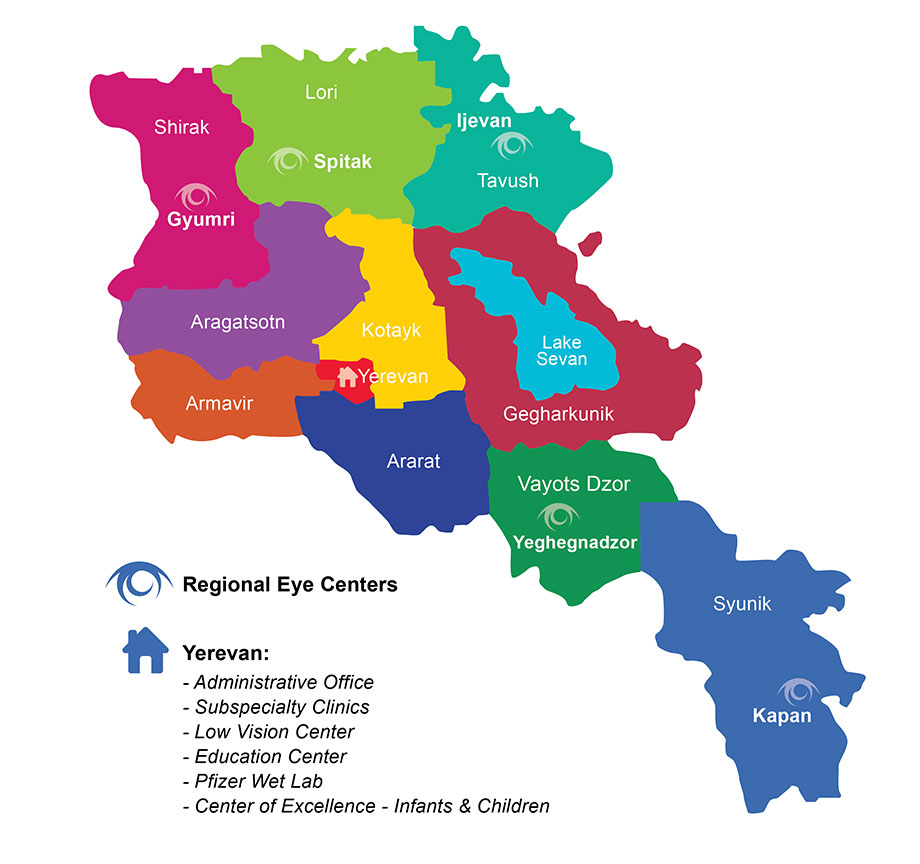Myth: Reading fine print for too long will wear out or damage your eyes. Fact: This is one of the most widely held myths about vision. Some people are concerned that they should not read too much because it will wear out their eyes. Although extensive or prolonged reading of fine print can cause eye […]
Myth: The eye is full size at birth. Fact: The eye is NOT full size at birth but continues to grow with your child. This growth partially accounts for refractive (glasses) changes that occur during childhood.
Myth: It is okay to swim while wearing soft contact lenses. Fact: No, it is not okay to swim while wearing contact lenses. Serious or potentially blinding eye infections can result from swimming or even using a hot tub while wearing contact lenses.
Myth: An eye examination is necessary only if you are having eye problems. Fact: Everyone should follow proper eye care, including regular eye exams, whether or not you’re having any noticeable signs of problems. For adults, the frequency depends on your doctor’s advice and may be every two years or more often. If you have […]
Myth: An eye examination is necessary only if you are having eye problems. Fact: Everyone should follow proper eye care, including regular eye exams, whether or not you’re having any noticeable signs of problems. Children should be tested at birth, at 6 months of age, before entering school and periodically throughout school years.
Myth: Wearing contacts prevents nearsightedness from getting worse. Fact: Wearing contact lenses will not permanently correct nearsightedness. Myopia or nearsightedness is usually an inherited condition, and contact lenses can only be expected to improve vision. They cannot prevent nearsightedness from getting worse.
Myth: People with blue eyes see better than people with brown eyes. Fact: The iris color has no link with the visual sharpness.
Myth: Safety goggles are more trouble than they are worth. Fact: Using safety goggles prevents many eye injuries – injuries that can potentially blind you or damage your eyes.Keep safety goggles handy and use them.
Myth: Using a nightlight in your child’s room will contribute to nearsightedness. Fact: There is not enough evidence to support this claim. Keeping a nightlight on in your baby’s room may actually help them learn to focus and develop important eye coordination skills when they are awake.
Myth: Doing eye exercises will keep you from needing glasses. Fact: Eye Exercises do not enhance or preserve vision or diminish the need for glasses. Your vision relies on the shape of your eyes, the health of your eye tissues, and many other factors, none of which can be appreciably altered with eye exercises.






